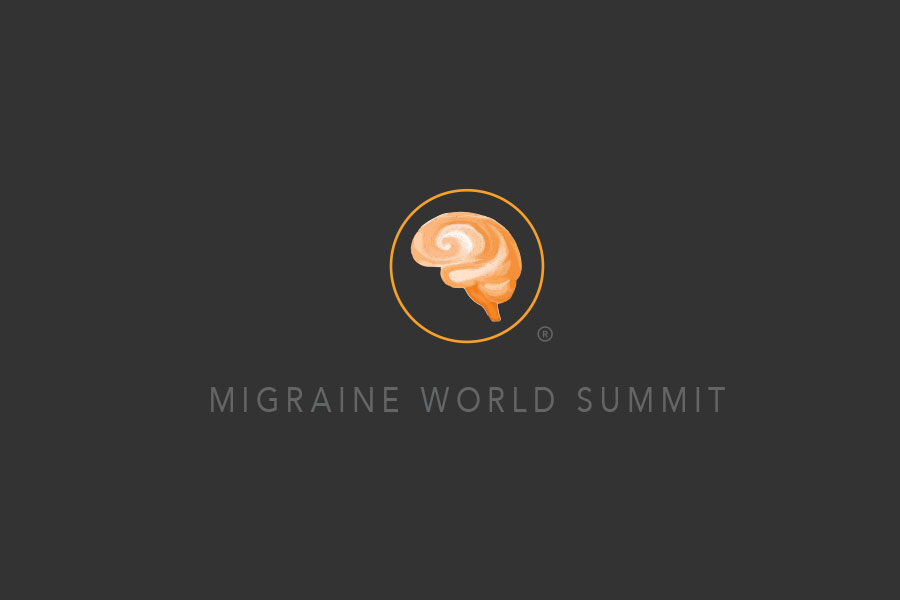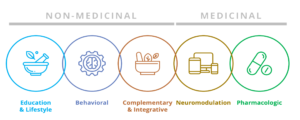Carl Cincinnato
Have you ever felt like something wasn’t quite right after taking your medication? Maybe you didn’t notice the side effects right away, but soon you notice things like weight gain or mood change; maybe digestive issues or even hair loss. In this interview we find out what we need to know about common side effects, interactions, and adverse events from medications, and how we can avoid the severe ones.
Dr. Shivang Joshi is a board-certified headache specialist, pharmacist, migraine, and pharmacology expert. He is an associate professor at the University of Buffalo School of Pharmacy, and practices at the DENT Neurological Institute.
What’s the difference between a side effect and an adverse event to a medication?
Dr. Joshi: “Sometimes it can be a little bit confusing. A side effect is a nonspecific term and sometimes refers to just the harm that’s related to a drug. An adverse drug reaction is more related to a harm from a drug at normal doses, and an adverse drug event is harm from a drug that’s from inappropriate doses.”
Why are migraine patients at higher risk of medication-related adverse events?
Dr. Joshi: “Interestingly, there was a study that looked at patients who were given topiramate for migraines, and given topiramate for epilepsy and seizure disorders. Same doses, but the patients who had migraine were more likely to have adverse reactions versus patients who had epilepsy. This suggests what we already know: that migraine brains are very different. Migraine brain is hyperexcitable. Remember, the brain doesn’t like too much change. So it’s possible that patients with migraine, are more likely to have adverse events on medications.”
What is serotonin syndrome and how do you know if you have it?
Dr. Joshi: “I want to make one very important point out there for patients who are taking triptans and on the serotonin antidepressant medications: The American Headache Society came out with a consensus report suggesting that monotherapy — meaning that if you’re on one antidepressant medication — and using a triptan, wasn’t found to be significantly related to something called serotonin syndrome.
Serotonin syndrome is something very rare, theoretically it can occur, and you should be cautious if you’re on multiple different antidepressants and taking a triptan medication. Symptoms may include agitation, increased reflexes and restlessness, and increase in temperature, as well. So antidepressants as a class can be effective but they have to be used with caution. And as I suggested, if you have any mood changes going the opposite way instead of helping your mood, if it’s going the
opposite way, you want to contact your physician earlier because that’s not a dose-dependent phenomenon. It can occur at a very low dose, as well.”
Watch the full interview to find out:
How common are side effects and adverse events?
What are typical side effects for common migraine medications, such as topiramate, propranolol, valproate, antidepressants, and triptans?
What are the most common supplements migraine patients take, and what are their potential side effects?
When should a migraine patient report symptoms of a possible adverse event?
What should you do if you’re taking a brand new drug and you think you may be experiencing an adverse event?
What is pharmacogenetics and why is it important for migraine patients?
Watch Dr. Shivang Joshi’s interview preview here or order it as part of the Migraine World Summit package from this page.
If you previously purchased the 2019 Migraine World Summit, you are all set to login to watch the full interview.
Posted in: Migraine Education





